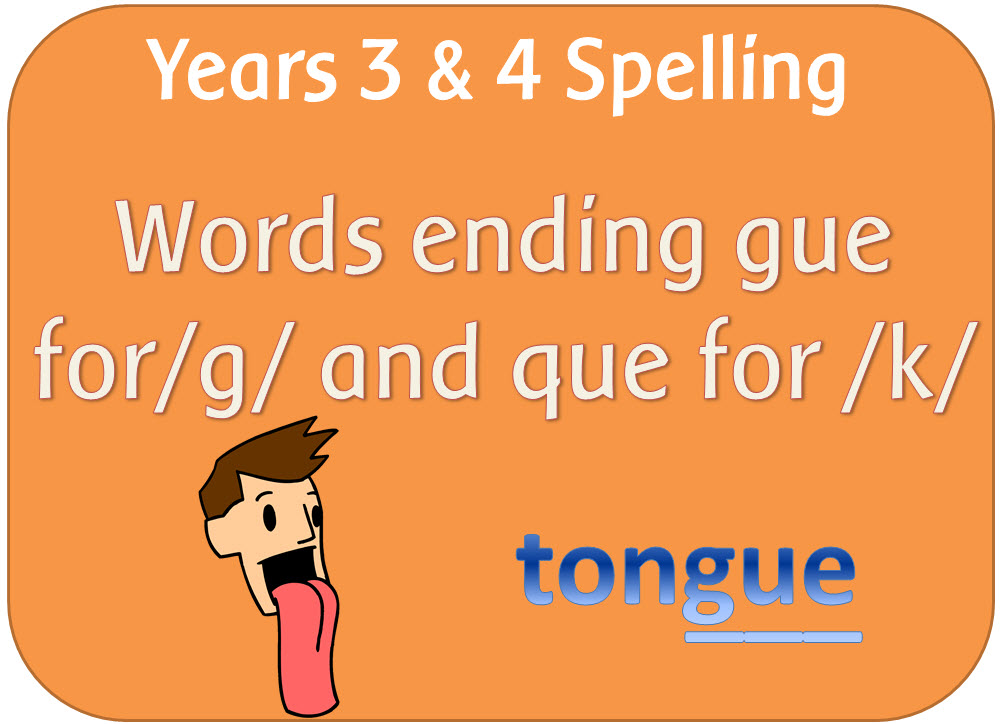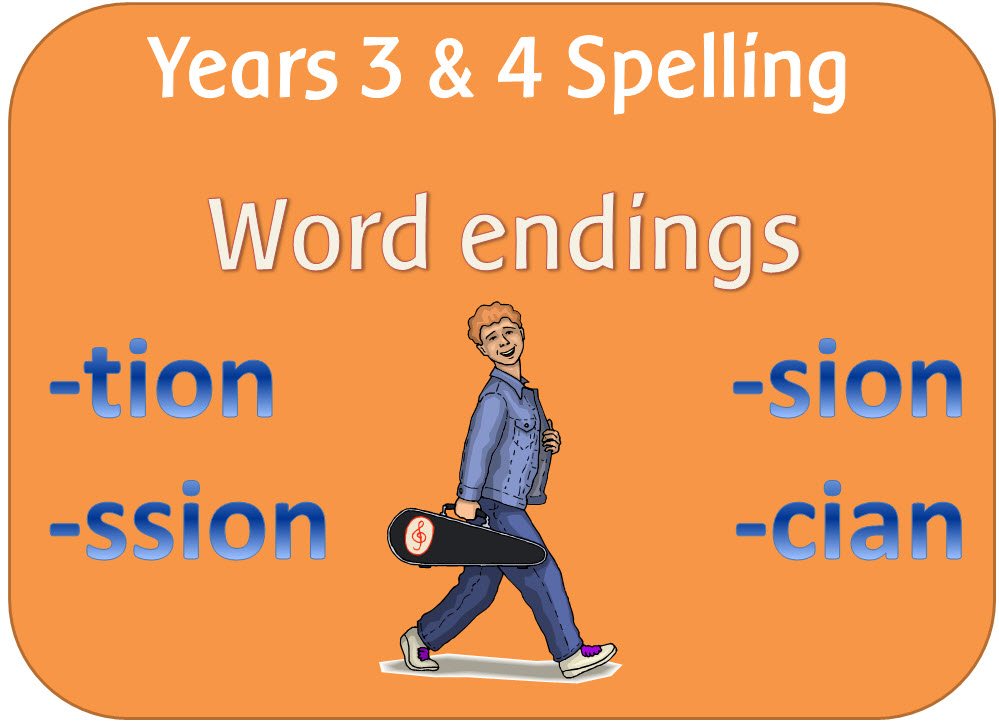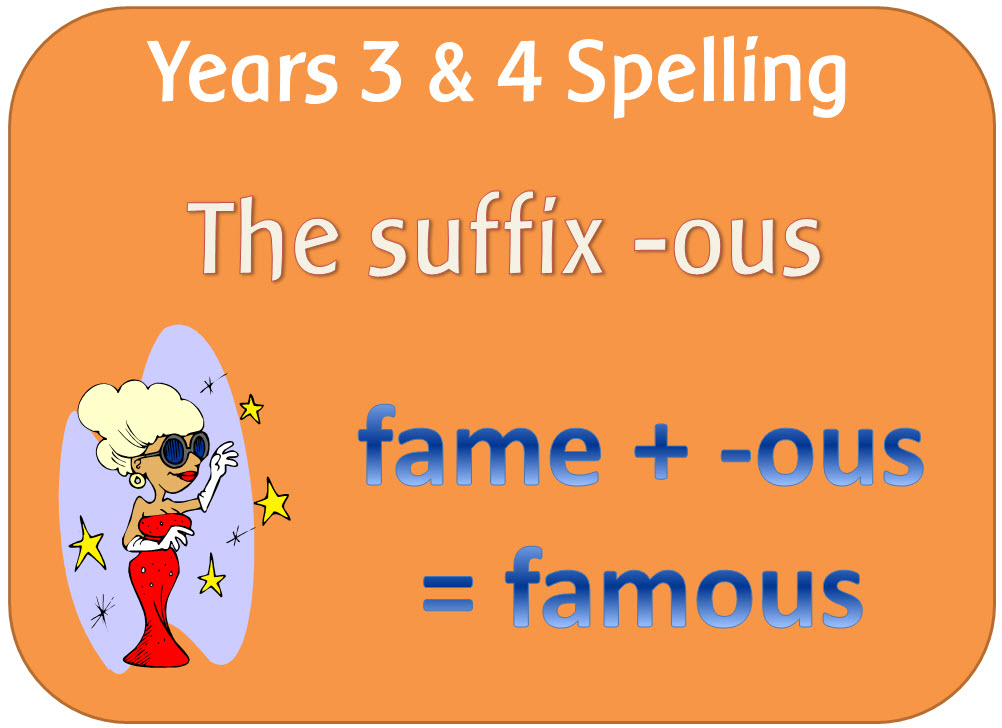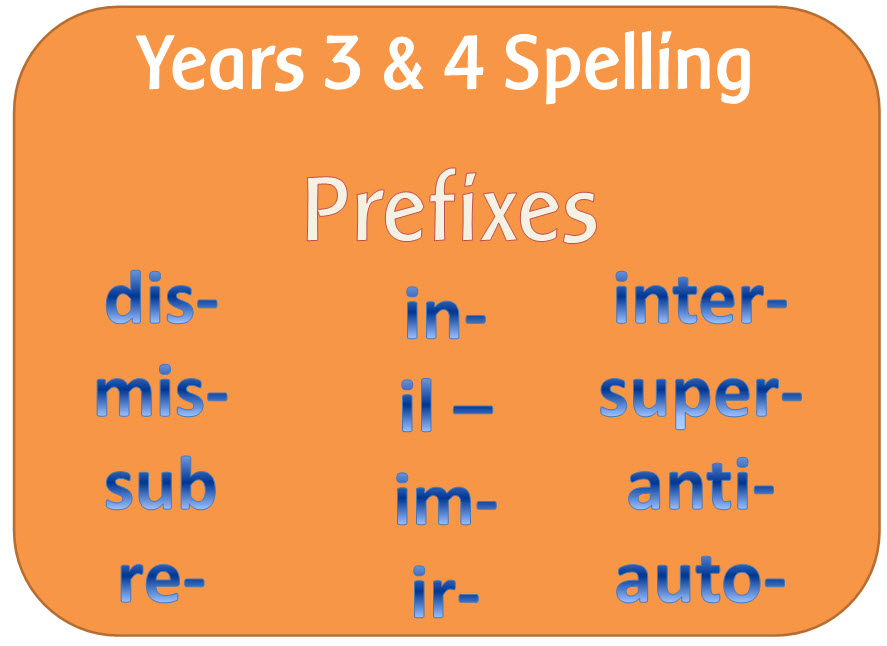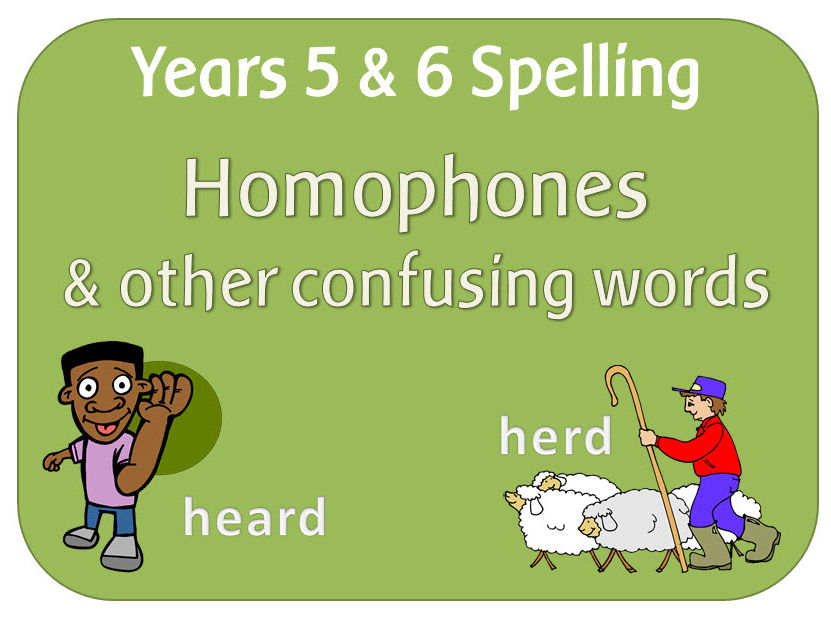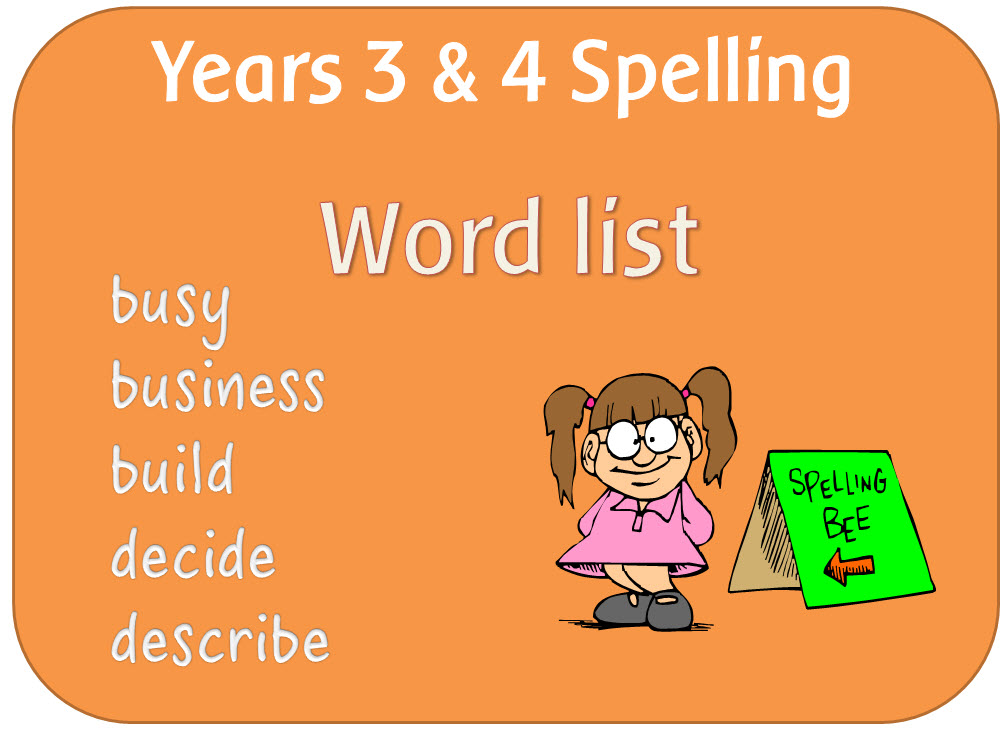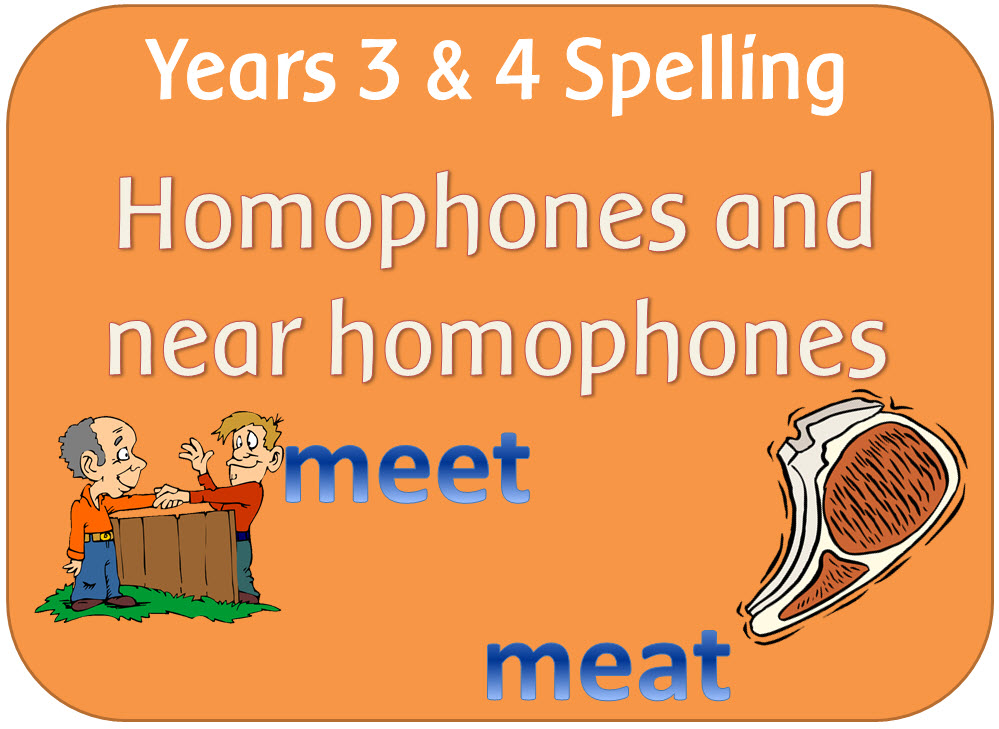
404Uploads
1067k+Views
681k+Downloads
English language arts

EYFS Rhythm and Rhyme phonic activities resource pack
This pack is a collection of PowerPoints and printable resources in pdf. It will help give children experience how words rhyme, and to develop an awareness of rhythm in speech. Listening to and joining in with rhymes and playing rhyming games help children to develop skills to know how letters correspond to sounds.
Fits in with Letters and Sounds Phase 1.
PRINTABLE GAMES AND ACTIVITIES:
• Dominoes – showing pictures of simple cvc words
• Odd one out cards – print, cut and laminate for a rhyming game
• Rhyming pairs – 40 images showing pictures of rhyming pairs. There are 4 per A4 page so can also be used for display or flashcards
• Rhyming soup game – A printable version of the powerpoint. The children have to make a soup out of rhyming objects (eg snake, cake, rake etc)
• Rhyming words bingo – 4 bingo cards with 7 pictures each.
• Two rhyming worksheets
•
DISPLAY:
• Large lettering: Rhymes (one letter per A4 page, if you want them smaller you can alter the print settings.)
• Large lettering: Rhyme Time(one letter per A4 page, if you want them smaller you can alter the print settings.)
• What rhymes with….posters – A set of 6 A4 colourful posters with pictures of rhyming words. Rhymes include what rhymes with…can / hat / pot / bug / cap and zip.
POWERPOINT GAMES:
• Can you think of words that rhyme - Simple introduction to rhyming.
• Making up rhymes - Explains rhyming words, and then encourages the children to make up rhymes using the images.
• Odd one out - Find the picture that doesn’t rhyme from a choice of 3, with immediate feedback.
• Playing with words - 20 images of words with longer syllables.
• Rhyming pairs - Find the rhyming pair from a choice of 3, with immediate feedback.
• Rhyming puppets - 14 name rhymes for the children to finish.
• Rhyming soup - ake - An interactive version of the game, the children click on the object to put it in the soup bowl.
• Rhyming soup - an
• Rhyming soup - at
• Rhyming soup – ip
• Rhyming soup – ox
• Rhyming words - 11 sets of rhyming words, encouraging the children to make up rhymes with them.
• Words that rhyme - Find the 2 pictures that rhyme from a choice of 3.
•
POWERPOINT RHYMES:
• A pig who was big - 9 rhyming verses about pigs
• Action Rhymes - 8 different rhymes: Two little feet / I wiggle / This is the way / Wind the bobbin up / A sailor went to sea / Jack-in-the-box / Clean up/ I’m a little teapot / Row your boat.
• 5 fat peas
• Dingle Dangle Scarecrow
• Down in the jungle
• Head, shoulders, knees and toes
• Katalina Matalina
• Peanut butter
• Ten fingers
• The Farmer’s in his den
• The wheels on the bus
• There was a princess

SPaG Year 4 Text Grammar: Use of pronouns or nouns within and across sentences
5 POWERPOINTS:
Introduction to pronouns: Explains what pronouns are and gives an example of what text would look like if they were not used. It ends with an activity where the children read the sentences to see which pronoun should be used to aid cohesion and avoid repetition.
Pronoun practice: Exercise to see which pronouns should be used where.
Personal pronouns: A study of personal pronouns eg I/my/mine
Demonstrative pronouns: A look at this, these, that and those
Reflexive pronouns: A study of reflexive pronouns such as he/himself, with exercises to think of sentences containing them.
PRINTABLE PDF FILES:
Complete the pronoun matrix
Find the pronouns ( x 3): Read the stories and find the pronouns.
Indefinite pronouns: For display
Missing pronouns (x 2): Read the story and fill in the missing pronouns
Pronoun count: To use when reading to see which pronouns are the most common.
Pronoun list
Who am I: Picture cards for the children to describe using possessive pronouns

SPaG Year 5 Word Grammar: Verb prefixes
A set of powerpoints and activities to teach verb prefixes such as dis-, de-, mis-, over- and re-, with a recap of previously learnt prefixes.
POWERPOINTS:
Prefixes un- dis- and mis-: Looks at the 3 prefixes; how they change the meanings of words; and words they can be added to.
Changing words into negatives with prefixes: un, de, anti, dis and il
Prefix meanings: 9 prefixes and their meanings
Prefixes dis, de, mis, over, re and pre: Looks at each prefix and words containing them individually, so one can be taught per session.
PRINTABLE FILES (PDF):
Prefix list and meanings
Prefix word list dis de mis over & re (word file)
Wordsearch x 6 (un-, dis-, de-, mis-, pre- and re-)
Change the paragraph to the opposite meaning using prefixes worksheet
Definitions worksheets x 4
Definitions matching cards
Extension work - more prefixes x 3 worksheets
Negatives

SPaG Year 3 & 4 Spelling: words ending with the /g/ sound spelt gue and the /k/ sound spelt que
POWERPOINTS:
gue at the end of words
que at the end of words
PDF (PRINTABLE) RESOURCES:
Look Write Cover Check x 2: For spelling practice
Cards with words ending gue
gue for the g sound worksheet
Cards with words ending que
que for the k sound worksheet
que for the k sound picture worksheet
que and gue wordsearch
TEACHER RESOURCES:
Word list
Adaptable outline plan

SPaG Year 5 & 6 Spelling: Word endings able, ably, ible and ibly
A pack of resources to teach the spelling guidelines for Words ending in able, ably,ible and ibly
POWERPOINTS
able word endings
ible word endings
PDF (PRINTABLE) RESOURCES
Look Write Cover Check able ably words
Look Write Cover Check ible ibly words
Word cards - able endings
Word cards - ible endings
Wordsearch - able and ible words
Word endings ible or able worksheet x 2
Word lists

SPaG Year 3 & 4 Spelling: Endings which sound like /ʃən/, spelt –tion, –sion, –ssion, –cian
Resources to teach the spelling guidelines for word endings which sound like /ʃən/, spelt tion, sion, ssion, cian
POWERPOINT:
Endings tion sion ssion and cian: Goes through each ending, giving examples, exceptions and an activity to add each ending to different words.
PDF (PRINTABLE) RESOURCES
Look Write Cover Check x 4: For spelling practice of words with each ending
4 x worksheets, for each ending
Wordsearch, containing all word endings
Cards, containing words with each ending.
Although every effort has been made to check wordsearches for unintentional inappropriate words, it is recommended that teachers double check them before giving to children.
TEACHER RESOURCES
Word list
Adaptable outline plan

SPaG Year 5 & 6 Spelling: Words with silent letters
A pack of resources to teach about words containing silent letters.
POWERPOINTS
Words with silent letter k
Words with silent letter g
Words with silent letter w
Words with silent letter b
Words with silent letter c
Words with silent letter d
Words with silent letter n
Words with silent letter t
Words with other silent letters
Words with silent letter and unusual letter patterns
PDF (PRINTABLE) RESOURCES
Look Write Cover Check x 10: For spelling practice (Each one matches the words contained in each PowerPoint)
Silent letters k g and w worksheet: Words to sort into which silent letter they contain
Words with silent letter b worksheet: Jumbled words to rearrange then write a sentence.
Words with silent letter c worksheet: Jumbled words to rearrange then write a sentence.
Words with silent letters d and n worksheet: Jumbled words to rearrange then write a sentence.
Words with silent letter t worksheet: Jumbled words to rearrange then write a sentence.
Words with silent letters missing: To fill in then write a sentence.

SPaG Year 2 Spelling: ge and dge at the end of words
A set of resources to teach the spelling rule: The /dʒ/ sound spelt as ge and dge at the end of words and sometimes spelt as g elsewhere in words before e, i and y

SPaG Year 5 & 6 Spelling: Words ending in –ant, –ance/–ancy & –ent, –ence/–ency
A pack of 4 powerpoint lessons and 10 printable activities to teach the guidelines for spelling these types of words.
ENT ENCE ENCY ENDINGS
POWERPOINTS
1 Explains that ent is used after soft c g and qu, giving examples of each of these type of words. It ends with an activity that shows a word, then it can be hidden so the children can write it, then shown so the children can check the spelling.
2 Explains how you can think of related words to gauge whether to use an e for these types of endings, for example confidential:confident. It ends with the same spelling activity. Includes words other than those preceded by soft c g or qu
PDF WORKSHEETS
Look Write Cover Check ent words (soft c g and qu): For spelling practice
Look Write Cover Check ent words: For spelling practice
Look Write Cover Check ence ency words: For spelling practice
Word search
Worksheet: Adding the endings ent ence and ency to different words then writing them in a sentence
ANT ANCE ANCY ENDINGS
POWERPOINTS
3 Explains how you can think of related words to gauge whether to use an a for these types of endings, for example consultation: consultant. It ends with a spelling activity.
4 Looks at words that need to be memorised to learn which spelling to use: Ends with a spelling activity.
PDF WORKSHEETS
Look Write Cover Check ant words (related ation words): For spelling practice
Look Write Cover Check ance and ancy endings: For spelling practice
Look Write Cover Check ant words: For spelling practice
Word search
Worksheet: Adding the endings ant ance and ancy to different words then writing them in a sentence
Plus a word list for both spellings

SPaG Year 2 Spelling: The /l/ or /əl/ sound spelt –le, -el, -al and -il at the end of words
Resources to teach the spelling rule: The /l/ or /əl/ sound spelt le, el, al and il at the end of words
WORDS ENDING IN LE:
POWERPOINT
Le at the end of words: A short powerpoint with 18 common words to read ending in le.
ACTIVITIES
Cards containing words ending in le - 45 word cards to play games
Wordsearch - le words
WORDS ENDING IN EL:
POWERPOINT
El at the end of words: A short powerpoint explaining that this spelling is not as common as le, but is usually found after m, n, r, v, w, and s. It displays 12 common words to read ending in el.
ACTIVITIES
Cards containing words ending in le - 27 word cards to play games
Wordsearch - el words
WORDS ENDING IN AL:
POWERPOINT
Al at the end of words: A short powerpoint explaining that not many nouns end in al, but many adjectives do. It displays 16 common words to read ending in al.
ACTIVITES
Cards containing words ending in al - 27 word cards to play games
Wordsearch - el words
WORDS ENDING IN IL:
POWERPOINT
IL at the end of words: A short powerpoint explaining that not many words end in il. It displays 9common words to read ending in il.
ACTIVITES
Cards containing words ending in al - 27 word cards to play games
Wordsearch - el words
ALL SPELLINGS OF THE /L/ SOUND
POWERPOINT
Which 'l' sound to use - shows all four spellings, with 22 words for the children to find which spelling is correct. It points out that the most common spelling is le.
ACTIVITIES
Loop cards containing pictures and all 4 spellings of the /l/ sound.
Although every effort has been made to check wordsearches for unintentional inappropriate words, it is recommended that teachers double check them before giving to children.
TEACHER RESOURCES
Word list
Planning - An adaptable outline plan of the resources included and objectives

SPaG Year 3 & 4 Spelling: Adding the suffix -ous; rules and exceptions
Resources to teach the spelling guidelines for adding the suffix ous
–our is changed to –or before –ous is added.
A final ‘e’ of the root word must be kept if the /dʒ/ sound of ‘g’ is to be kept.
If there is an /i:/ sound before the –ous ending, it is usually spelt as i, but a few words have e.
POWERPOINTS
Adding the suffix ous - Regular spellings: Explains that sometimes the root word is obvious and the usual rules apply for adding suffixes beginning with vowel letters. It gives examples of words where there is no obvious root word. Gives opportunities for children to add ous to different words.
Adding the suffix ous - our to or and exceptions: Gives examples of words where our is changed to or before ous is added; A final ‘e’ of the root word must be kept if the /dʒ/ sound of ‘g’ is to be kept; and If there is an /i:/ sound before the –ous ending, it is usually spelt as i, but a few words have e. Gives opportunities for children to add ous to different words.
PDF (PRINTABLE) RESOURCES
Look Write Cover Check: For spelling practice
Words containing the suffix ous worksheet x 3
Wordsearch - words with the suffix ous
Although every effort has been made to check wordsearches for unintentional inappropriate words, it is recommended that teachers double check them before giving to children.
TEACHER RESOURCES
Word list
Adaptable outline plan

SPaG Year 3 & 4 Spelling: Words with endings sounding like /ʒə/ or /tʃə/ (-sure & -ture)
Resources to teach the spelling guidelines for spelling words with endings sounding like /ʒə/ or /tʃə/
POWERPOINTS
Words ending sure: Explains the word ending 'zh-er' and gives examples of common words ending in sure. It ends with a spelling activity.
Words ending sure: Explains the word ending 'ch-er', giving examples of words ending in ture. It also explains that some words might sound like they end ture, but to check whethere they are words with the -er suffix such as teacher or richer. It ends with a spelling activity.
PDF (PRINTABLE) RESOURCES
Look Write Cover Check: For spelling practice
sure word cards
ture word cards
sure wordsearch
ture wordsearch
Although every effort has been made to check wordsearches for unintentional inappropriate words, it is recommended that teachers double check them before giving to children.
TEACHER RESOURCES
Word list
Adaptable outline plan

EYFS Phonics resources: Alliteration activity pack
This pack is a collection of PowerPoints and printable resources in pdf to help children recognise the initial sounds in words.
(Not to be confused with later alliterative activities the children do in KS1 and KS2 when they can already recognise letters and read words.)
They can be helped to do this by tuning into speech sounds; firstly with the initial sound of the letter and later by recognising other sounds in word such as the middle a and t in cat.
This pack containing over 40 resources will help children to develop these important pre-reading skills.
ALLITERATION STORIES:
For each story there is a PowerPoint and a pdf game to print. The objective is for the children to recognise the initial sound in each object that the person in the story passes (for example as Ben walks to the baths, he passes a bear, a ball, a burger, a balloon and a bike.)
Ben goes to the baths
Hannah takes a hike
Joe goes to the gym
Poppy goes to the park
Shahida goes to the shops
Tom goes to town
Bertha the Bus
Tony the Taxi
INITIAL LETTER SOUND ALPHABET CARDS:
A set of cards with objects beginning with the same sound. There are 14 pages with 12 cards on each page, plus the initial letter. These cards can be used in lots of different games, for example Digging for treasure / Musical corners / Sound bag game / Silly soup
MAKING ALIENS:
Alien names PowerPoint - 20 pictures of aliens who can only remember the first part of their names - the children have to make some up for them.
Mix and Match Aliens – a pdf game to mix and match aliens and make up alliterative names for them.
SILLY SOUP: There are 8 PowerPoints, each with 5 objects beginning with the same sound, to be put in the silly soup. There are also printable bowls, which can be used with the alphabet cards to make alliterative silly soup.
Silly soup a
Silly soup c
Silly soup f
Silly soup g
Silly soup l
Silly soup m
Silly soup r
Silly soup w
INITIAL SOUNDS WORD GAMES
Initial sound name play –PowerPoint with 30 pictures of children with alliterative phrases describing them. (eg Sam’s silly soap suds)
Tongue twister raps – PowerPoint containing 19 Alliterative raps for the children to join in with.
Tongue twisters – PowerPoint containing 11 age appropriate tongue twisters.
I spy object cards – 24 picture cards to play I spy with.

SPaG Year 1 Spelling pack: Common Exception Words powerpoints, worksheets and activities
A set of resources to teach the Y1 CEW.
The more difficult spellings are covered in individual PowerPoints and give the children different strategies to learn the words.
The other spellings are organised into sets (eg is his has us was all have the /z/ sound at the end)
PDF
The worksheets contain different activities to encourage children to use the CEW in their writing.

SPaG Year 2 Spelling: Common Exception words
Spelling resources to teach the statutory requirements in Appendix 1 of the English curriculum:
COMMON EXCEPTION WORDS
POWERPOINT RESOURCES: The following PowerPoint lessons contain groups of words with similar spellings. Each grapheme-phoneme correspondence that is new to the children (depending upon phonics programme used) is introduced and explained. The children then are given opportunities to read and then write the words.
CEW 1 – door poor floor
CEW 2 – find kind mind etc
CEW 3 – most only both etc
CEW 4 – after fast last
CEW 5 – every, everybody, even
CEW 6 –great break steak
CEW 7 –move prove improve
CEW 8 – sure sugar
CEW 9 - who whole
CEW 10 - any many
CEW 11 - could would should
The following PowerPoint lessons contain individual common exception words. There are examples of different strategies the children can use for remembering how to spell the words, such as using mnemonics, saying the word as it is spelt, using the look write cover check method and highlighting the tricky part. Each strategy is demonstrated visually.
CEW Spelling strategies PEOPLE
CEW Spelling strategies BEAUTIFUL
CEW Spelling strategies AGAIN
CEW Spelling strategies BECAUSE
CEW Spelling strategies BUSY
CEW Spelling strategies CHRISTMAS
CEW Spelling strategies CLOTHES
CEW Spelling strategies EYE
CEW Spelling strategies HALF
CEW Spelling strategies HOUR
CEW Spelling strategies MR & MRS
CEW Spelling strategies PARENTS
CEW Spelling strategies PRETTY
CEW Spelling strategies WATER
WORKSHEETS:
Spelling activity sheets - A variety of pdf sheets that can be used for different spelling activities. They include:
Acrostic poems
Bubble words
Colourful words
Cut out words
Look write cover check spelling sheet
Rainbow spellings
Shape words
Silly Sentences
Spelling with both hands
Stories with spellings
Word search with spellings
Words in words
Writing a poem
Writing fun
TEACHER RESOURCES
Y2 Spelling Appendix planning - Common Exception Words: An adaptable outline plan
Word List - With relevant words

SPaG Year 3 & 4 Spelling: Prefixes dis mis in re sub inter super anti auto
Resources to teach how most prefixes can be added to words without any change to the spelling of the root word, except for the prefix in.
POWERPOINTS: Each powerpoint introduces the prefix and gives a definition of its meaning and how it can change the meaning of words. Examples of words with and without each prefix are shown.
The last powerpoint looks at the meaning of all the different prefixes.
DIS
MIS
IN IL IM & IR
SUB
RE
INTER
SUPER
ANTI
AUTO
Prefix recap
PDF (PRINTABLE) RESOURCES:
DIS
Cards - words to add dis
Change the paragraph to the opposite meaning
Dis word definitions
Jigsaw cards – dis
Un and dis matching word and definition cards
Dis- wordsearch
Un- wordsearch
MIS - wordsearch
IN IL IM IR jigsaw cards
MIS DIS RE and UN Word wheel
INTER worksheet
AUTO prefix worksheet
Although every effort has been made to check wordsearches for unintentional inappropriate words, it is recommended that teachers double check them before giving to children.
TEACHER RESOURCES
Word list
Adaptable outline plan

SPaG Year 5 & 6 Spelling: Homophones and other confusing words
Resources to teach the guidelines for spelling homophones and other words that are often confused.
POWERPOINTS
Each Powerpoint gives definitions/explanations of each homophone, then ends with an activity for the children to work out which homophone is appropriate in different sentences.
Homophones - nouns and verbs: advice advise, device devise, licence license and practice practise.
Homophones 1: aisle isle, aloud allowed, affect effect, altar alter, ascent assent, bridal, bridle, cereal serial, complement compliment
Homophones 2: descent dissent, desert dessert, draft draught, farther father, guessed guest, heard herd, led, lead morning, mourning
Homophones 3: past passed, precede proceed, principal principle, profit prophet, stationary stationery, steal steel, wary weary, who's whose
PDF (PRINTABLE) RESOURCES:
Look Write Cover Check x 7: For spelling practice, containing the words in the above PowerPoints
Worksheets x 7: To write definitions of the homophones and think of ways to remember how to spell them.
Definition and word cards x 3: Three sets of homophones and corresponding definitions for matching games etc.

SPaG Year 5 & 6 Spelling: Word list resouces
A set of resources to teach the spellings of words in the years 5 and 6 word list.
INTRODUCTORY POWERPOINTS
All about words: Introduces the history of the English spelling system and why some words are difficult to spell.
Spelling strategies: Looks at different ways to learn spellings for children to use.
12 SPELLING POWERPOINTS:
The words are organised into 12 different categories, according to how they are spelt. Each category contains between 7 and 9 words so that they can also be used for spelling tests.
Each category contains a PowerPoint with a page for each word and a range of strategies to help remember the spelling of each. The strategies include:
Looking at the history of the word
Looking at words in the same word family
Looking at spelling rules
Looking at root words and affixes
Using speak and spell
Highlighting unusual spelling
Mnemonics
Looking at words within the word
Looking at words with similar spelling patterns
The categories are as follows:
Words with doubles c and m
Words with doubles g, l and p
Words with doubles r, s and t
IE words
Words containing u
Words with affixes 1
Words with affixes 2
Words with unsounded vowels 1
Words with unsounded vowels 2
Words with unsounded vowels 3
Words with unusual Grapheme-Phoneme Correspondence 1
Words with unusual Grapheme-Phoneme Correspondence 2

SPaG Year 3 & 4 Spelling: Word lists
Resources to teach the spellings of the words in the years 3 and 4 word list
INTRODUCTORY POWERPOINT: Spelling strategies: Looks at different ways to learn spellings for children to use
16 SPELLING POWERPOINTS:
The words are organised into 15 different categories according to how they are spelt. Each category contains between 6 and 9 words so that they can also be used for spelling tests.
Each category contains a PowerPoint with a page for each word and a range of strategies to help remember the spelling of each. The strategies include:
Looking at the history of the word
Looking at words in the same word family
Looking at spelling rules
Looking at root words and affixes
Using speak and spell
Highlighting unusual spelling
Mnemonics
Looking at words within the word
Looking at words with similar spelling patterns
The categories are as follows:
Spelling words using phonic knowledge
Words with schwa digraph 1
Words with schwa digraph 2
Words with schwa spelt a
Words with schwa spelt e and i
Words with schwa spelt o and u
Silent letters 1
Silent letters 2
Words with the grapheme ea
Words with the grapheme gh
Words with the letter string ough
Words with the phonemes tch and sh
Words with unusual correspondences 1
Words with unusual correspondences 2
Words with unusual correspondences 3
Words with unusual correspondences 4

SPaG Year 3 & 4 Spelling: Homophones and near homophones
POWERPOINTS:Each set gives definitions/explanations of each homophone, then ends with an activity for the children to work out which homophone is appropriate in different sentences. For more difficult or confusing homophones there are additional powerpoints with extra sentence practice.
Introduction to homophones
All Y3 and 4 homophones
Set 1 homophones: accept/except,affect/effect,ball/bawl,berry/bury
Homophones accept and except
Homophones affect and effect
Set 2 homophones
Set 3 homophones
Homophones heel heal and he'll
Homophones here and hear
Set 4 homophones
Set 5 homophones
Homophones who's and whose
PDF (PRINTABLE) RESOURCES:
Look Write Cover Check x 5: For spelling practice, containing the words in the above PowerPoints
Homophone and definitions cards x 5
TEACHER RESOURCES:
Adaptable outline plan




